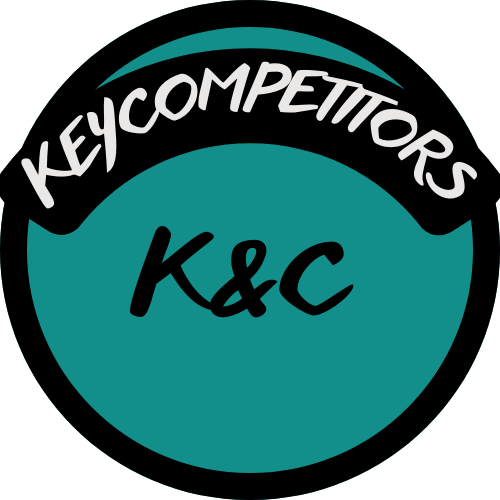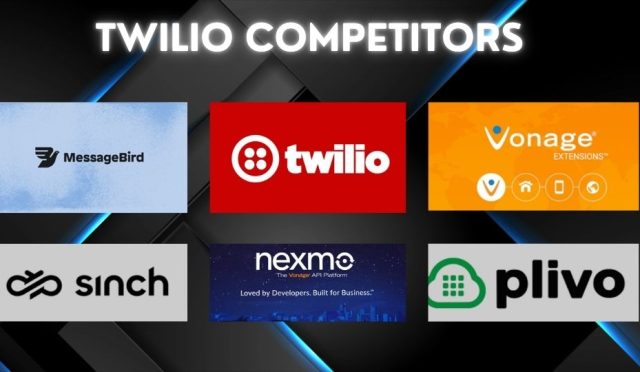Introduction
This analysis provides a comprehensive overview of the companies competing alongside Palo Alto Networks, Inc. (PANW) in the dynamic cybersecurity market. The Palo Alto Networks competitors include established security giants, innovative startups, and niche players, each with unique strengths and weaknesses. Understanding this competitive landscape is crucial for businesses seeking the best cybersecurity solutions and for anyone interested in the future of cybersecurity.
The Cybersecurity Battlefield
Palo Alto Networks is a leading provider of cybersecurity solutions, offering a comprehensive platform that includes next-generation firewalls, cloud security, endpoint security, and threat intelligence. As a pioneer in the cybersecurity space, the company faces increasing competition from both established players and innovative newcomers.
Key Palo Alto Networks Competitors
This analysis delves deeper into some of the most prominent Palo Alto Networks competitors, categorized by their primary areas of focus:
| Feature | Palo Alto Networks | Cisco Systems | Fortinet | Check Point Software | Zscaler | CrowdStrike | SentinelOne | Cloudflare |
| Founded | 2005 | 1984 | 2000 | 1993 | 2007 | 2011 | 2013 | 2009 |
| Founder(s) | Nir Zuk | Leonard Bosack, Sandy Lerner | Ken Xie, Michael Xie | Gil Shwed, Marius Nacht, Shlomo Kramer | Jay Chaudhry | George Kurtz, Dmitri Alperovitch | Tomer Weingarten, Almog Cohen | Matthew Prince, Michelle Zatlyn, Lee Holloway |
| CEO | Nikesh Arora | Chuck Robbins | Ken Xie | Gil Shwed | Jay Chaudhry | George Kurtz | Tomer Weingarten | Matthew Prince |
| Mission | To be the cybersecurity partner of choice, protecting our digital way of life. | To shape the future of the Internet by creating unprecedented value and opportunity for our customers, employees, investors, and ecosystem partners. | To deliver the most innovative, highest-performing network security platform to secure and simplify your IT infrastructure. | To secure everything; how we keep you safe and give you time to focus on your business. | Enable the secure transformation of global enterprises. | To stop breaches. | To make cybersecurity autonomous, faster, and simpler. | To help build a better Internet. |
| Employees | ~14,000 | ~80,000 | ~12,000 | ~6,000 | ~5,000 | ~7,000 | ~2,500 | ~4,000 |
| Headquarters | Santa Clara, California, USA | San Jose, California, USA | Sunnyvale, California, USA | Tel Aviv, Israel | San Jose, California, USA | Austin, Texas, USA | Mountain View, California, USA | San Francisco, California, USA |
Market Share (Approximate) of the Palo Alto Networks Competitors
- Palo Alto Networks: ~17% (leading market share in network security platforms)
- Cisco Systems: ~20% (dominant player in networking, growing in cybersecurity)
- Fortinet: ~15% (strong growth with a focus on security-driven networking)
- Check Point Software: ~10% (established player in firewall and threat prevention)
- Zscaler: ~7% (leading provider of cloud security and zero trust solutions)
- CrowdStrike: ~8% (growing rapidly in the endpoint security market)
- SentinelOne: ~5% (gaining traction with AI-powered endpoint protection)
- Cloudflare: ~8% (providing a broad array of security and performance services)
Note: Market share varies by segment and region. These figures are approximate based on overall security market share.
Product Range of the Palo Alto Networks Competitors
- Palo Alto Networks: Next-Generation Firewalls (NGFWs), Cloud Security (Prisma), Endpoint Security (Cortex XDR), Security Operations (Cortex), Threat Intelligence (Unit 42).
- Cisco Systems: Network Security (Firepower), Cloud Security, Endpoint Security (Secure Endpoint), Identity and Access Management (Duo), Threat Intelligence (Talos).
- Fortinet: Next-Generation Firewalls (FortiGate), SD-WAN, Cloud Security, Endpoint Security (FortiClient), Threat Intelligence (FortiGuard).
- Check Point Software: Next-Generation Firewalls, Cloud Security (CloudGuard), Endpoint Security (Harmony), Threat Prevention.
- Zscaler: Cloud Security Platform (ZIA, ZPA), Zero Trust Network Access (ZTNA).
- CrowdStrike: Endpoint Detection and Response (EDR), Cloud Security, Threat Intelligence, Identity Protection.
- SentinelOne: Endpoint Protection (Singularity XDR), Cloud Workload Protection.
- Cloudflare: DDoS Protection, CDN, WAF, Zero Trust, Cloud Security.
Strengths and Weaknesses of the Palo Alto Networks Competitors
Palo Alto Networks
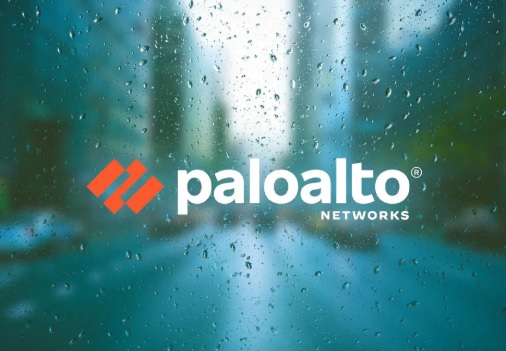
- Strengths: Broad product portfolio, strong threat intelligence, focus on innovation, and market leadership in NGFWs.
- Weaknesses: Can be more expensive than some competitors, and complex integrations.
Cisco Systems
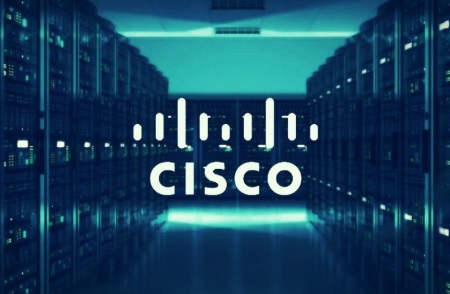
Palo Alto Networks Competitors: Cisco
- Strengths: Established brand, large customer base, comprehensive product suite, and strong networking expertise.
- Weaknesses: Security products can be complex, and slower to innovate in some areas.
Fortinet

- Strengths: Security-driven networking approach, strong price-performance ratio, and integrated security fabric.
- Weaknesses: User interface can be less intuitive, and threat intelligence is not as robust as some competitors.
Check Point Software
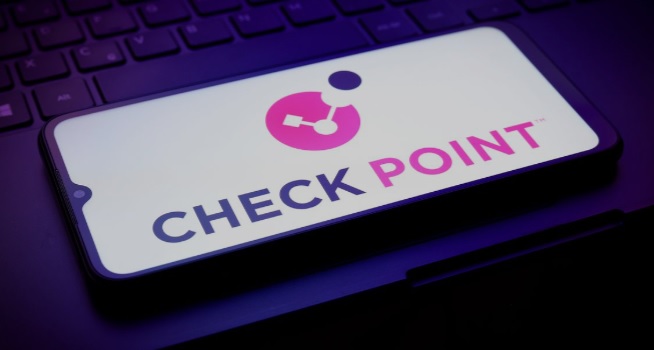
- Strengths: Strong focus on threat prevention, established firewall expertise, and a large enterprise customer base.
- Weaknesses: Can be perceived as less innovative, and cloud security offerings are still evolving.
Zscaler
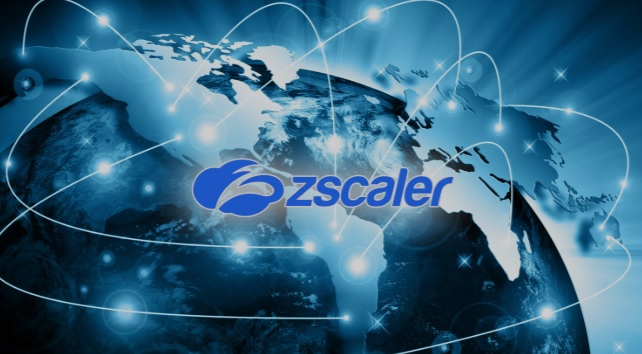
- Strengths: Cloud-native platform, strong focus on zero trust, and leading position in the secure web gateway market.
- Weaknesses: Limited endpoint security capabilities, and reliance on cloud-based infrastructure.
CrowdStrike
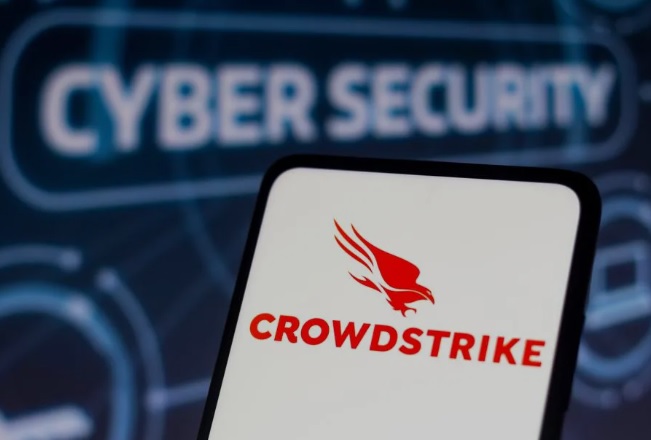
- Strengths: Cloud-native platform, leading endpoint detection and response (EDR), and strong threat intelligence.
- Weaknesses: Less comprehensive network security offerings, and premium pricing.
SentinelOne
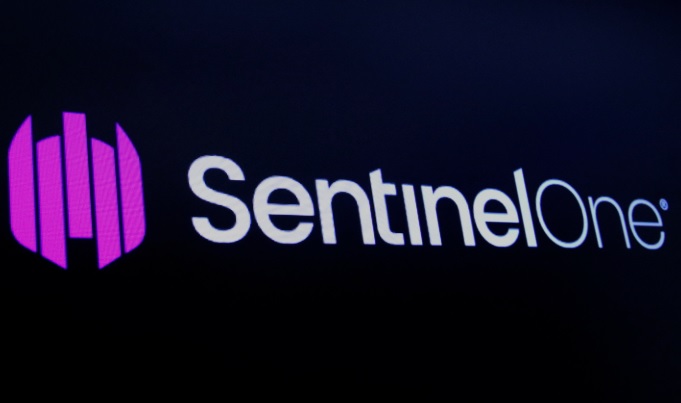
- Strengths: AI-powered endpoint protection, strong detection capabilities, and autonomous threat response.
- Weaknesses: Newer entrant to the market, and less comprehensive product portfolio.
Cloudflare
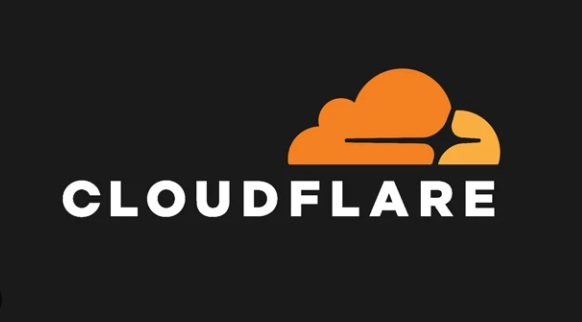
- Strengths: Global network, strong DDoS protection, and a broad range of network and security services.
- Weaknesses: Can be less enterprise-focused, and some advanced security features can be complex to manage.
Investments and Future Plans of the Palo Alto Networks Competitors
- Palo Alto Networks: Investing in AI and machine learning, expanding cloud security offerings, and growing its security operations platform.
- Cisco Systems: Enhancing cloud security capabilities, integrating security into networking products, and focusing on zero trust architecture.
- Fortinet: Expanding its security fabric, improving cloud security solutions, and investing in threat intelligence.
- Check Point Software: Enhancing cloud security offerings, focusing on automation and AI, and strengthening endpoint security.
- Zscaler: Investing in zero trust capabilities, expanding its cloud security platform, and focusing on user experience.
- CrowdStrike: Expanding cloud security offerings, enhancing threat intelligence capabilities, and focusing on identity protection.
- SentinelOne: Expanding product portfolio, enhancing AI-powered threat detection, and growing its enterprise customer base.
- Cloudflare: Investing in network performance and security, expanding cloud services, and focusing on developer experience.
Head-to-Head Comparison of the Palo Alto Networks Competitors
- Palo Alto Networks vs. Cisco Systems: Palo Alto is a pure-play cybersecurity company focused on innovation, while Cisco offers a broad range of networking and security solutions.
- Palo Alto Networks vs. Fortinet: Palo Alto focuses on a platform approach with a broad product portfolio, while Fortinet emphasizes a security-driven networking strategy.
- Zscaler vs. Palo Alto Networks: Zscaler is a cloud-native security provider specializing in zero trust, while Palo Alto offers a more comprehensive security platform with both cloud and on-premises solutions.
Consumer Experiences and Preferences of the Palo Alto Networks Competitors
- Platform Approach: Businesses often seek integrated security platforms that simplify management. Palo Alto and Fortinet excel in this area.
- Cloud Security: Cloud-native security solutions are increasingly important. Zscaler and CrowdStrike are leading providers.
- Endpoint Security: AI-powered endpoint protection is in high demand. SentinelOne and CrowdStrike offer strong solutions.
- Threat Intelligence: Robust threat intelligence is crucial for proactive security. Palo Alto and Cisco have strong capabilities.
Customer Satisfaction of the Palo Alto Networks Competitors
- Palo Alto Networks: Generally receives high customer satisfaction ratings for product quality and threat detection capabilities.
- Cisco Systems: Customer satisfaction is mixed, with some praising comprehensive solutions while others criticize complexity.
- Fortinet: Often praised for its price-performance ratio and integrated security fabric.
- Zscaler: Receives high praise for cloud security solutions and zero trust capabilities.
- CrowdStrike: Highly rated for endpoint detection and response (EDR).
- SentinelOne: Gains positive feedback for AI-powered autonomous endpoint protection.
- Cloudflare: Strong approval for DDoS protection and CDN services.
Conclusion
Palo Alto Networks is a leading provider of cybersecurity solutions, but it faces intense competition from a diverse group of companies. The cybersecurity market is constantly evolving, and businesses need to carefully evaluate their options and select the solutions that best meet their needs. By understanding the competitive landscape and the offerings of each vendor, organizations can make informed decisions to protect their critical assets.
FAQ About Palo Alto Networks Competitors
Who are the main competitors of Palo Alto Networks?
The main competitors of Palo Alto Networks include:
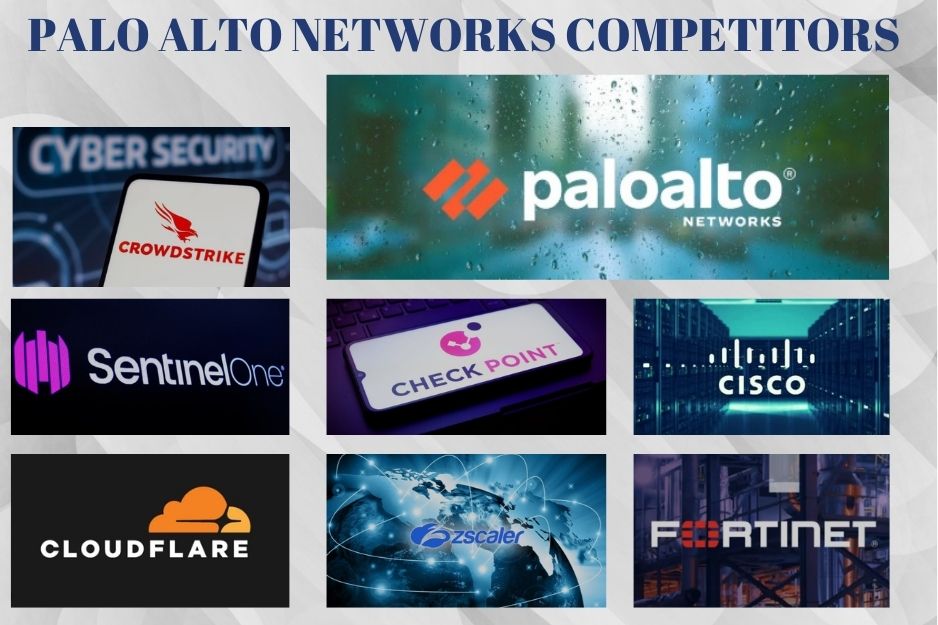
- Cisco Systems
- Fortinet
- Check Point Software
- Zscaler
- CrowdStrike
- SentinelOne
- Cloudflare
What is Palo Alto Networks known for?
Palo Alto Networks is known for its comprehensive cybersecurity solutions, including next-generation firewalls, cloud security, endpoint security, and threat intelligence. The company is a pioneer in the cybersecurity space, focusing on innovation and integrated security platforms.
How does Palo Alto Networks compare to Cisco Systems?
- Palo Alto Networks: Focuses solely on cybersecurity solutions with a strong emphasis on innovation and next-generation firewalls.
- Cisco Systems: A broader technology company that offers networking and security solutions, leveraging its established brand and extensive customer base.
What are the strengths of Fortinet as a competitor?
Fortinet is known for:
- A security-driven networking approach
- Strong price-performance ratio
- Integrated security fabric that simplifies management
What unique features does Zscaler offer?
Zscaler specializes in:
- Cloud-native security solutions
- Zero trust network access
- Secure web gateway capabilities
How does CrowdStrike differentiate itself from Palo Alto Networks?
CrowdStrike focuses on:
- Endpoint detection and response (EDR)
- Cloud-native architecture
- Strong threat intelligence capabilities
What are the weaknesses of Palo Alto Networks competitors? (Summary)
Cisco Systems
- Complexity in security products
- Slower innovation in some areas
Fortinet
- Less intuitive user interface
- Weaker threat intelligence compared to some competitors
Check Point Software
- Perceived as less innovative
- Evolving cloud security offerings
Zscaler
- Limited endpoint security capabilities
- Reliance on cloud-based infrastructure
CrowdStrike
- Less comprehensive network security offerings
- Premium pricing
SentinelOne
- Newer entrant to the market
- Smaller product portfolio
Cloudflare
- Less enterprise-focused
- Complex management of advanced security features
What should businesses consider when choosing between these competitors?
Businesses should evaluate:
- Pricing: Compare offers and service fees.
- Product Range: Look for integrated solutions that meet specific security needs.
- Customer Support: Assess the quality of customer service and support provided.
- User Experience: Consider the ease of use and management of the security solutions.
How do customer satisfaction levels vary among these companies?
- Palo Alto Networks: Generally high satisfaction ratings for product quality and threat detection.
- Cisco Systems: Mixed reviews; praised for comprehensive solutions but criticized for complexity.
- Fortinet: Often lauded for its price-performance ratio and integrated fabric.
- Zscaler: Highly praised for cloud security and zero trust capabilities.
- CrowdStrike: Highly rated for EDR solutions.
- SentinelOne: Positive feedback for AI-powered protection.
- Cloudflare: Strong approval for DDoS protection and CDN services.
Is Palo Alto Networks the best choice for every organization?
Not necessarily. While Palo Alto Networks offers robust solutions, the best choice depends on an organization’s specific needs, budget, and existing infrastructure. Businesses should assess their requirements and compare offerings from various competitors to find the most suitable solution.
